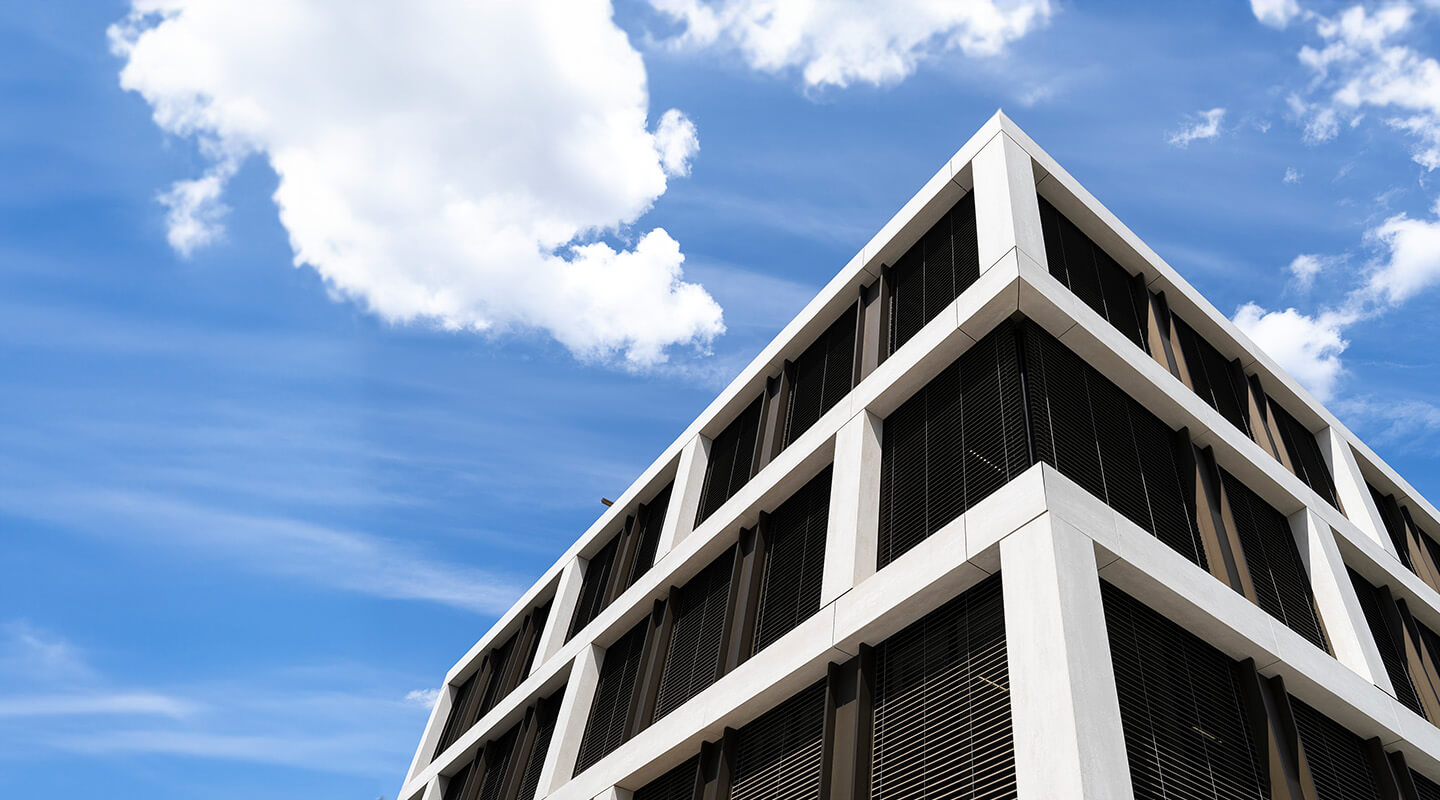Datacenters, cores of the Cloud - DEEP
As pivotal players in the digital economy, datacenters bring undeniable added value to digital usage. DEEP, mindful of the overall impact of its activities, has been actively committed to two axes: more sustainable and efficient datacenters.
In a context where resource preservation and optimization are crucial, datacenters must now accommodate larger and more optimized workloads, meeting the requirements of the Cloud era.
For hybrid and connected Infrastructures
On the business front, IT infrastructures are evolving towards increasing hybridization. Combined with the Cloud, they aim to maximize the potential of the traditional IT component and data processing at the "Edge" level. Optimizing infrastructures brings benefits in terms of sustainability, CSR, and energy efficiency. Local infrastructures, once consolidated, have a lower environmental impact by making better use of available resources.
- In the private and public sectors, initiatives to improve the Power Usage Effectiveness (PUE) metric of datacenters are now widely recognized. Organizations also pay particular attention to other environmental initiatives, such as improving Carbon Usage Effectiveness (CUE) and Water Usage Effectiveness (WUE).
- Companies no longer view the datacenter as a static element in their constantly evolving IT infrastructure but rather as a strategic tool to balance modernization and digital investment preservation. This is also driven by the need for a relevant response to challenges related to data sovereignty, compliance, security, and resilience.
- Lastly, for SaaS application developers and Cloud service providers, the integration and large-scale operation of the ICT foundation are integral to the economic model. Densification and mutualization of ICT components become essential success factors.
Energy efficiency in Datacenters : towards eco-responsible power
Historically, datacenters were built based on a model emphasizing security, availability, and predictability, illustrated by the Tier IV certification from the Uptime Institute, validating the highest level of resilience against incidents.
To address flexibility challenges, DEEP has complemented its hosting offering with a more agile model, tailored to intensive workloads for Cloud and AI, without compromising the robustness of the datacenter model.
Thus, at DEEP, businesses and Cloud service providers can more easily deploy an infrastructure geared towards scalable power, meeting the needs of the "infrastructure-as-code" and "software-defined" era, including automated deployments, simplified security and management, and growth in "virtual appliances" and devops.
Optimized power also aligns with finops requirements, ensuring effective management of peak loads, reserve power, and granularity of shared infrastructures within the organization.
DEEP also places particular importance on sustainability, greenops, and circularity, with green and agile datacenters, 100% renewable energy, and more flexible temperature ranges in computer rooms.
Efficient and Agile Power for Datacenters
By offering solutions that allow densification of workloads within the datacenter, DEEP meets the needs for flexible capacities and power, setting the standard in the Cloud universe. More than ever, datacenters are crucial foundations for a sustainable and agile digital future.
Contact us
Do you have any questions about an article? Do you need help solving your IT issues?
Contact an expert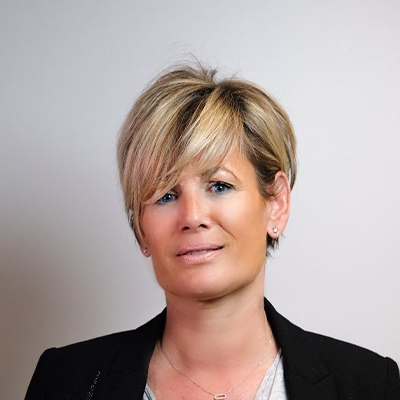
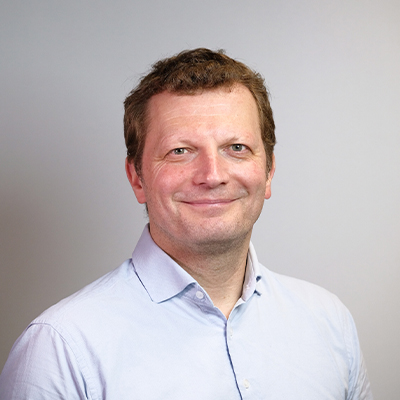





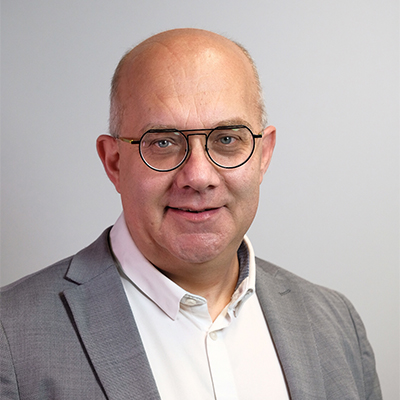
Our experts answer your questions
Do you have any questions about an article? Do you need help solving your IT issues?
Associated solutions
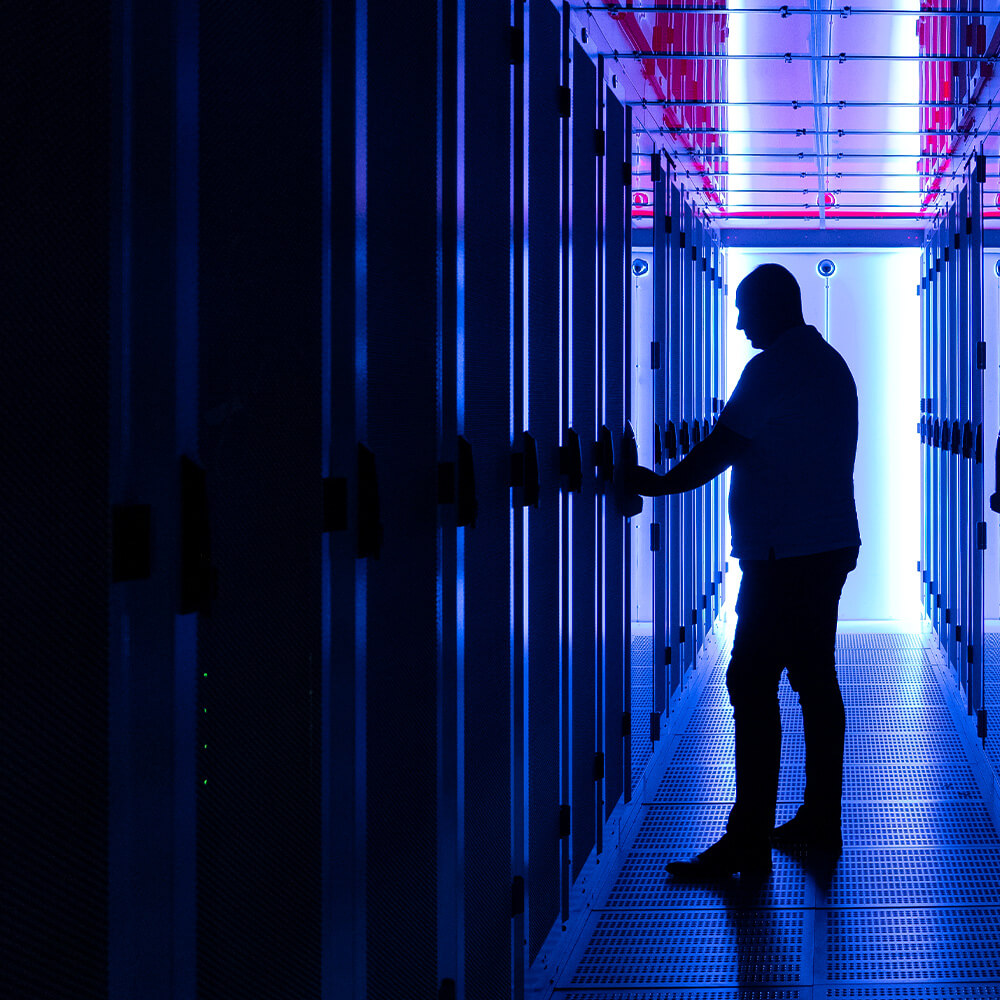
Our colocation solutions
Datacenters are the first link in the information protection and processing chain.
Discover the solution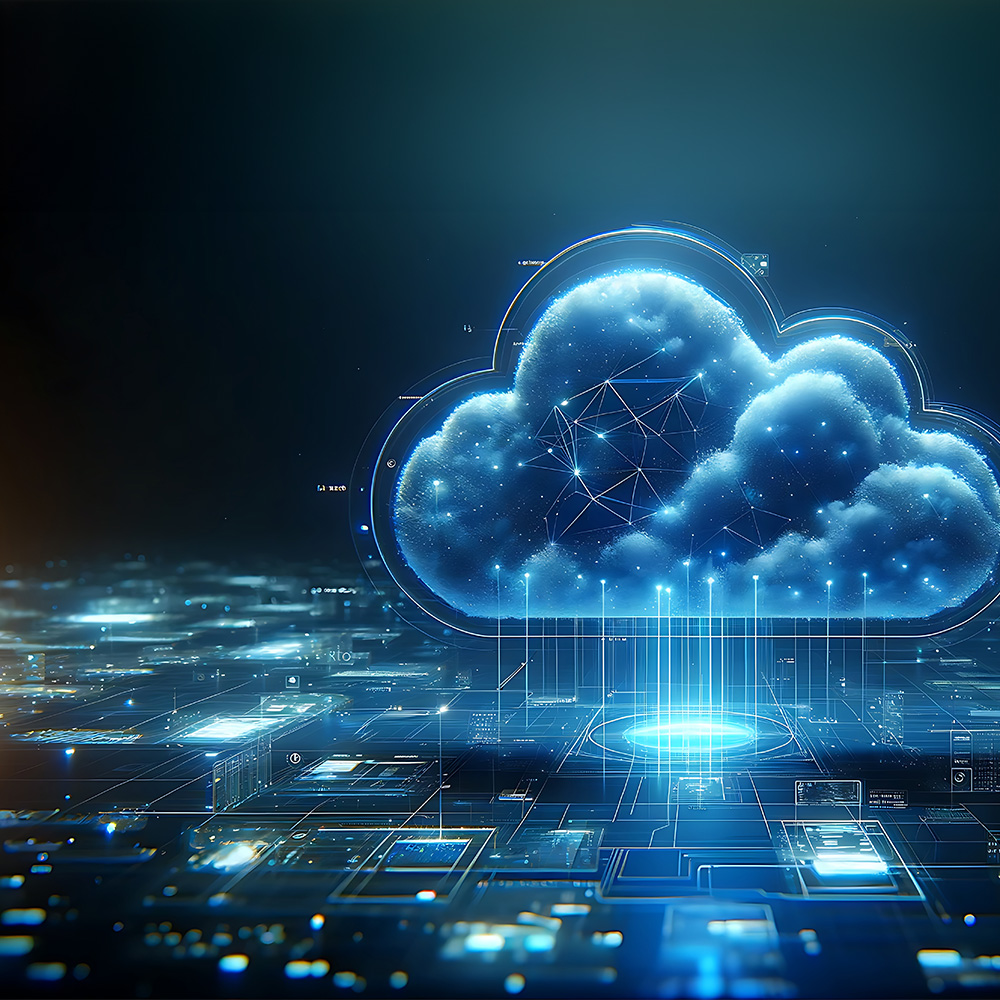
Sovereign cloud
The Luxembourg Cloud, which complies with specific laws and regulations.
Discover the solution
Cyber-Resilience
Turning your cyber-resilience challenges into a competitives advantages: anticipating, protecting against threats, detecting and being ready to respond to crises are major business challenges for all companies.
Discover the solution
